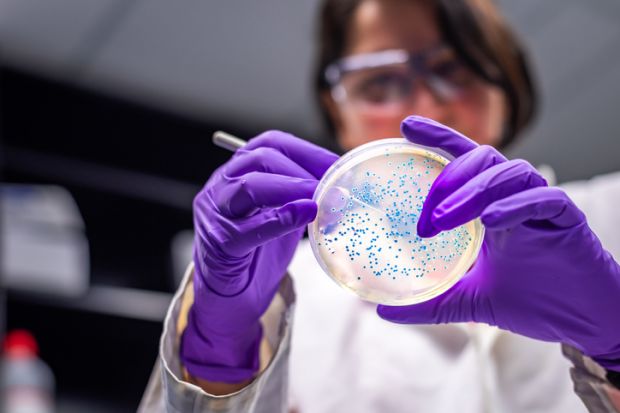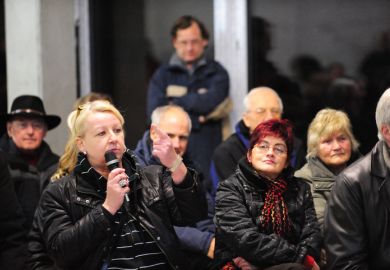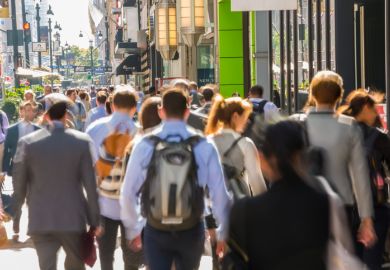Political pressure to get a better sense of the spread and lethality of the coronavirus is weighing down on US academic scientists, with routine debates among researchers taking on more public and menacing tones.
The highest-profile instance involves a research team at Stanford University, which is enduring criticism in mainstream media for a study that attempted to estimate the infection rate in its local community.
From a 3,330-person sample, it came up with an antibody seroprevalence rate in Santa Clara County of 1.5 per cent, which it adjusted to 2.8 per cent after using statistical methods to account for the demographics of the sample.
The numbers are similar to estimates from academic studies in Los Angeles and Miami. Yet the Stanford authors are hearing complaints both on science, for some possible errors in maths and study protocol, and on bias, given that one lead author issued pre-study warnings that the nation as a whole may be overreacting to the danger.
One outside expert, Andrew Gelman, a professor of statistics and political science at Columbia University, said he sees both some validity and some defences to the accumulating criticisms of the paper, which was publicised ahead of peer review and without its underlying data.
On the maths, Professor Gelman said: “It’s obvious that they messed up a little bit − statistics is hard.” But, regardless, he said, there are uncertainties in any study involving humans and new testing protocols, and the venom in some of the public reaction is alarming.
At a time when President Trump and his allies consider the Covid-related economic shutdown an unacceptable disaster that must be ended even at the cost of some virus-related deaths, the stakes feel “kind of super-politicised”, Professor Gelman said.
For publicly pointing out the statistical problems he sees in the Stanford study, thus challenging its message that infection rates may be higher than assumed and mortality rates therefore lower, “I’m getting hate mail from complete strangers, saying people of my ilk are killing people,” Professor Gelman said. Others, however, “said I was too nice” to the Stanford team, he said.
One of the Stanford authors, Jay Bhattacharya, a professor of medicine, rejected any suggestion of bias tied to one of his co-authors, John Ioannidis, a professor of disease prevention.
Professor Ioannidis, renowned for critiques of scientific reproducibility, wrote an article in March suggesting the nation was risking a “fiasco” by shutting down much of the US economy without being sure of the relative costs. He then appeared repeatedly on Trump-friendly Fox News to amplify the message.
Professor Bhattacharya said he stands fully behind his team’s work but agreed with Professor Gelman and others about the risks now being associated with publishing studies with major political implications.
“In this atmosphere, even scientists may find it difficult to move from their prior beliefs in the face of new evidence,” Professor Bhattacharya said. “Some respond with intemperate responses to new information in Twitter and other places that cause a lot of harm to scientific discourse, making it less likely that future scientists will be willing to buck orthodoxy.”
Further complicating the study was the decision by Professor Bhattacharya’s wife to recruit study participants by posting a note on an online bulletin board in their wealthy neighbourhood promising a test to show “if you are immune” that would allow a return to work “without fear”.
Professor Bhattacharya said the note was sent without his knowledge, and that any effects were statistically negated. A university spokeswoman said the matter was “being handled by the appropriate committees at Stanford”.
Register to continue
Why register?
- Registration is free and only takes a moment
- Once registered, you can read 3 articles a month
- Sign up for our newsletter
Subscribe
Or subscribe for unlimited access to:
- Unlimited access to news, views, insights & reviews
- Digital editions
- Digital access to THE’s university and college rankings analysis
Already registered or a current subscriber?







